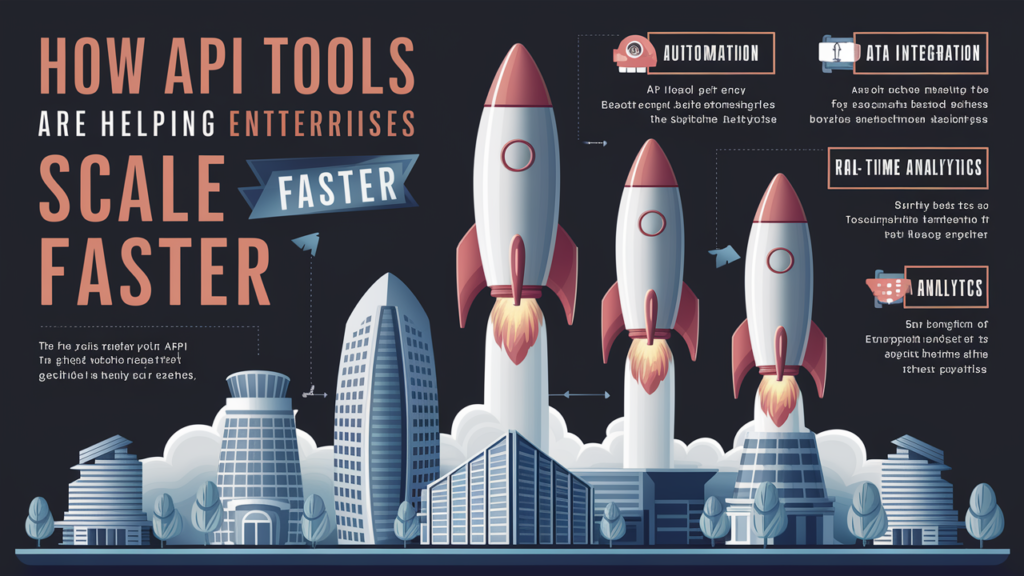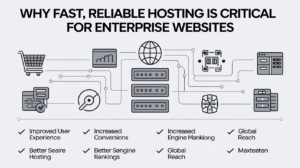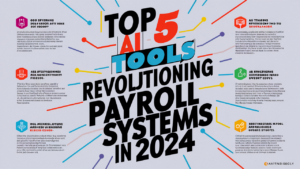Introduction
In today’s digital era, enterprises face unprecedented challenges and opportunities. The speed at which businesses can scale often determines their success, and API tools play a crucial role in this journey. But how exactly are API tools helping enterprises scale faster? This blog explores the ins and outs of API tools, their benefits, and how they are transforming enterprise scalability.
What Are API Tools?
API (Application Programming Interface) tools provide standardized protocols for building and integrating software applications. These tools enable different software systems to communicate and share data efficiently, acting as bridges between diverse systems within an enterprise’s technological ecosystem.
The Role of API Tools in Enterprise Scalability
1. Enhancing Integration Capabilities
APIs facilitate the integration of disparate software systems, creating a more cohesive and streamlined workflow. By connecting various SaaS solutions, databases, and enterprise applications, APIs help businesses manage data more effectively and automate repetitive tasks. This leads to increased focus on core activities.
2. Improving Operational Efficiency
Operational efficiency is a cornerstone of scaling. API tools automate routine tasks that previously required manual intervention. For instance, APIs can automatically update databases, sync client information, and generate reports in real time, reducing human error and boosting productivity.
3. Cost Reduction
Cost efficiency is crucial for scaling a business. API tools help reduce costs by streamlining processes and minimizing manual intervention. This optimization leads to lower operational expenses and improved data integrity.
Key API Tools Accelerating Enterprise Growth
1. API Management Platforms
2. API Performance Monitoring Tools
New Relic and DataDog ensure APIs perform optimally by monitoring their uptime, response times, and overall infrastructure health. This allows enterprises to quickly address issues, ensuring seamless service delivery.
3. API Security Tools
Security is paramount in enterprise scaling. Tools like Akamai and Azure API Management offer advanced security features such as encryption, authentication, and threat protection, safeguarding sensitive data.
API Tools in Action: Real-World Applications
1. E-commerce
In e-commerce, APIs connect systems such as payment gateways, inventory management, and CRM, ensuring real-time updates and seamless user experiences—crucial for scaling operations.
2. Fintech
APIs enable secure and fast transactions, real-time analytics, and integration with financial systems in the fintech industry. Payment giants like PayPal and Stripe rely heavily on APIs to deliver global services.
3. Healthcare
In healthcare, APIs securely exchange patient information between systems, enhance telemedicine services, and support data analytics. Tools like HL7 FHIR APIs are becoming industry standards for health data interoperability.
Driving Innovation Through API Analytics
API analytics offer detailed insights into API performance and usage, driving innovation and efficiency across enterprises.
Benefits of API Analytics
1. Identifying Bottlenecks
API analytics can identify performance bottlenecks, enabling developers to address issues proactively before they impact end-users, ensuring uninterrupted services.
2. Enhancing User Experience
By analyzing API usage patterns, businesses can streamline processes and enhance the user journey, ultimately improving customer satisfaction.
3. Strategic Planning
Insights from API analytics inform strategic decisions, such as infrastructure investments and resource optimization during peak usage times.
Future Trends: What to Expect from API Tools
1. Increased Utilization of AI and Machine Learning
AI-driven APIs will offer refined analytics, personalized user experiences, and smarter automation, enabling enterprises to handle larger volumes of data more effectively.
2. Growing Emphasis on API Security
With rising cyber threats, there will be a greater focus on API security. Technologies like blockchain may offer new ways to secure API transactions and ensure data integrity.
3. Expansion of API Ecosystems
The API ecosystem is expanding, with more specialized APIs emerging. This will enable businesses to integrate more complex functionalities, driving innovation and growth.
How to Choose the Right API Tools for Your Enterprise
When selecting API tools, consider the following factors to align them with your scaling strategy:
1. Compatibility
Ensure the API tools are compatible with your current systems and future tech stack plans.
2. Security Features
Evaluate the tool’s security protocols to protect sensitive enterprise data.
3. Scalability
Choose tools that can scale with your enterprise’s growth and handle increasing data and user demands.
4. Support and Community
A strong support network and active developer community can be invaluable for resources and troubleshooting.









